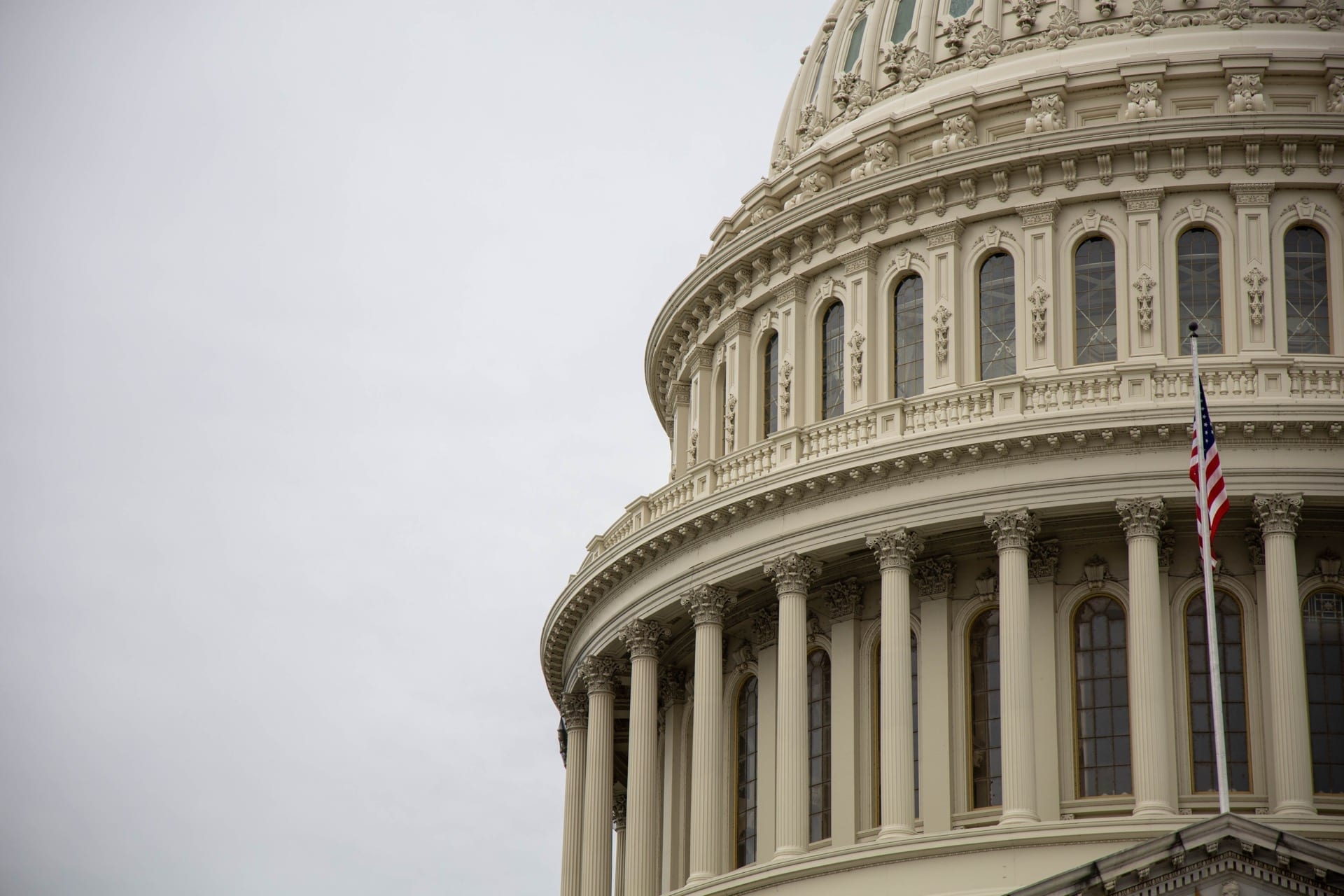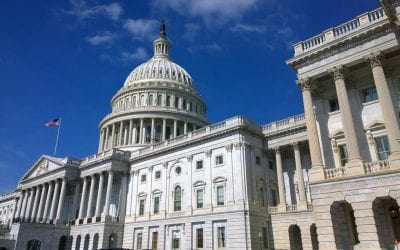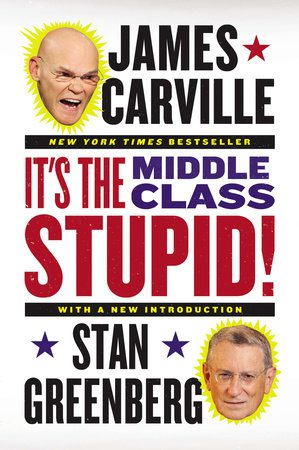Regaining the support of the Rising American Electorate – unmarried women, people of color, and younger voters – and motivating these voters to turn out is crucial for President Obama’s reelection and congressional victories in 2012 among those who support an agenda for economic recovery for the middle class.
As the end of Congress’s summer recess nears and Washington prepares to reengage on the debate over the economy, new research[1] makes clear how essential it is for progressives to engage the voters who put them in power in 2006 and 2008 using an economic narrative that connects with their current lives and motivates them. The Rising American Electorate–”unmarried women, people of color, and younger voters — comprises a rapidly growing majority of the eligible voting population in this country. These voters formed a strong base for progressive victories and drove change in 2006 and 2008; however, among some, their support for Democrats dropped in 2010. Regaining that support and motivating these voters to turn out is crucial for President Obama’s reelection and congressional victories in 2012 among those who support an agenda for economic recovery for the middle class.
This is a real challenge. Dissatisfaction with Washington’s inability to make any progress on economic issues, coupled with the fact that these voters are disproportionately feeling the brunt of the economic downturn, creates uncertainty about those currently in office and leaves RAE voters with little motivation to engage in political issues. Key groups including unmarried women and young voters continue to indicate strong support for Obama and the Democrats heading into next year, but a stronger economic rationale is needed to ensure they turn out and support traditional allies who support their public policy agenda.
[1] This memo is based on a national survey of 1480 likely 2012 voters (1000 weighted) August 6-10, 2011 conducted by Greenberg Quinlan Rosner Research for Democracy Corps and Women’s Voices, Women Vote Action Fund. Unless otherwise noted, margin of error= +/- 2.5 percentage points at 95 percent confidence.




